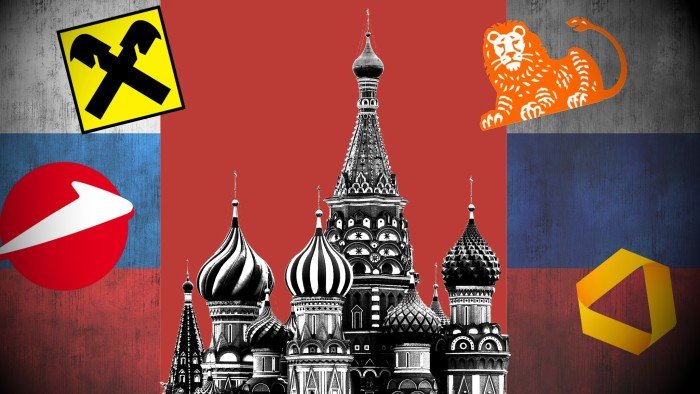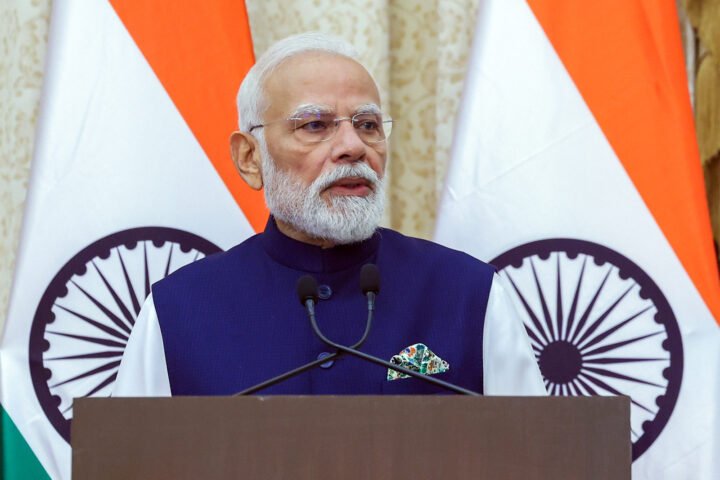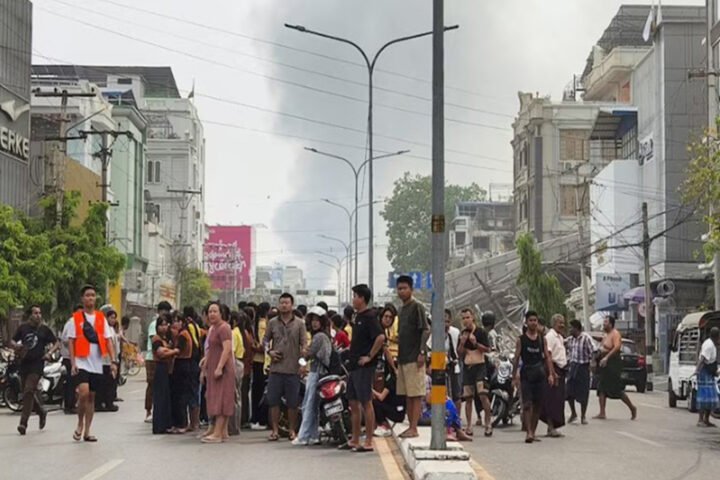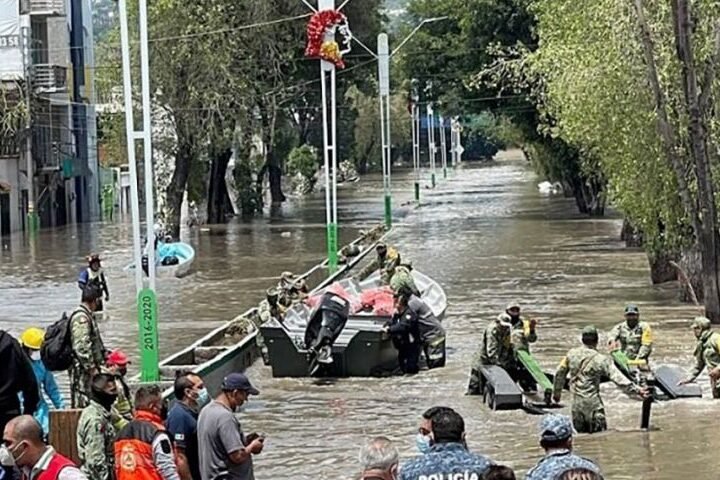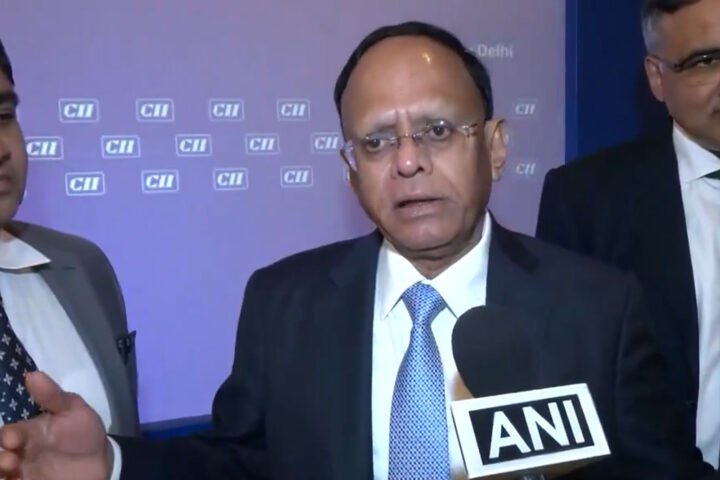Alarm grows over credit risks and default levels
Russia’s banking sector is privately warning of a systemic debt crisis within the next 12 months, as high interest rates and war-related spending push both corporate and individual borrowers closer to default, according to officials and documents reviewed by Bloomberg News.
Current and former Russian banking officials, speaking anonymously, describe the situation as “dangerous,” citing a surge in overdue payments that is not yet reflected in official statistics due to widespread use of deferrals. The warnings come amid mounting internal concerns over bad loans and early signs of a credit crunch across the sector.
An internal memo from a major Russian bank seen by Bloomberg estimates a sharp contraction in lending, with the corporate loan portfolio shrinking by 1.5 trillion rubles ($19 billion) in the first two months of 2025. Although some stabilization followed, the risk of defaults spreading across the system remains elevated.
War spending shields growth, but cracks widen
Despite a record 3.8 trillion rubles in profits for the banking sector in 2024, much of the financial health is underpinned by wartime spending and government subsidies rather than private-sector growth. The economy expanded by 4.5% last year, but growth slowed to just 1.4% in Q1 2025, according to official data.
Economy Minister Maxim Reshetnikov publicly acknowledged at the St. Petersburg International Economic Forum that the country is “on the verge of slipping into a recession.” Central bank governor Elvira Nabiullina countered, arguing that the downturn reflects a “necessary cooling” after wartime overheating. President Vladimir Putin dismissed the warnings, saying economic stagnation “should not be allowed under any circumstances.”
The financial sector’s resilience is being tested as the two-track economy — with the military-industrial complex buoyed by massive state investment and the private sector facing shrinking demand and falling export prices — places uneven pressure on banks’ loan books.
Inflation, interest rates and delayed defaults
Labor shortages driven by military conscription have fueled wage inflation, with consumer prices peaking above 10% in the past year. In response, the Bank of Russia raised rates to a record 21% in October, before cautiously reducing the benchmark rate to 20% in June. Still, debt servicing costs remain punitive for many businesses, contributing to the rise in bad loans.
A May report by the Bank of Russia cited “vulnerabilities” in the financial sector, including “concentration risk in corporate lending” and worsening performance in consumer credit. It revealed that 13 of the country’s 78 largest companies were unable to service their debt — more than double the number from a year earlier.
Russia’s ACRA rating agency estimates that around 20% of the banking sector’s capital is tied to borrowers at risk of downgrades due to high rates. A separate analysis by the Kremlin-linked Center for Macroeconomic Analysis and Short-Term Forecasting warned in May of a “moderate probability” of a systemic banking crisis by April 2026.
Political stakes and sanctions pressure
The worsening outlook raises questions about the Kremlin’s ability to sustain its war in Ukraine, now in its fourth year, particularly if Western allies impose deeper sanctions on Russian banks. The EU is currently discussing further restrictions, and some Western officials are pushing for new U.S. sanctions if Moscow continues rejecting ceasefire proposals.
So far, U.S. President Joe Biden has refrained from imposing additional financial measures amid global efforts to revive negotiations. But Russian economic vulnerabilities could add pressure to the debate in Western capitals over how to further isolate the Kremlin financially.
As Russia’s economy strains under the dual pressure of war and monetary tightening, the risks to its banking system — long a key stabilizer for the Kremlin — may soon become too large to ignore.
